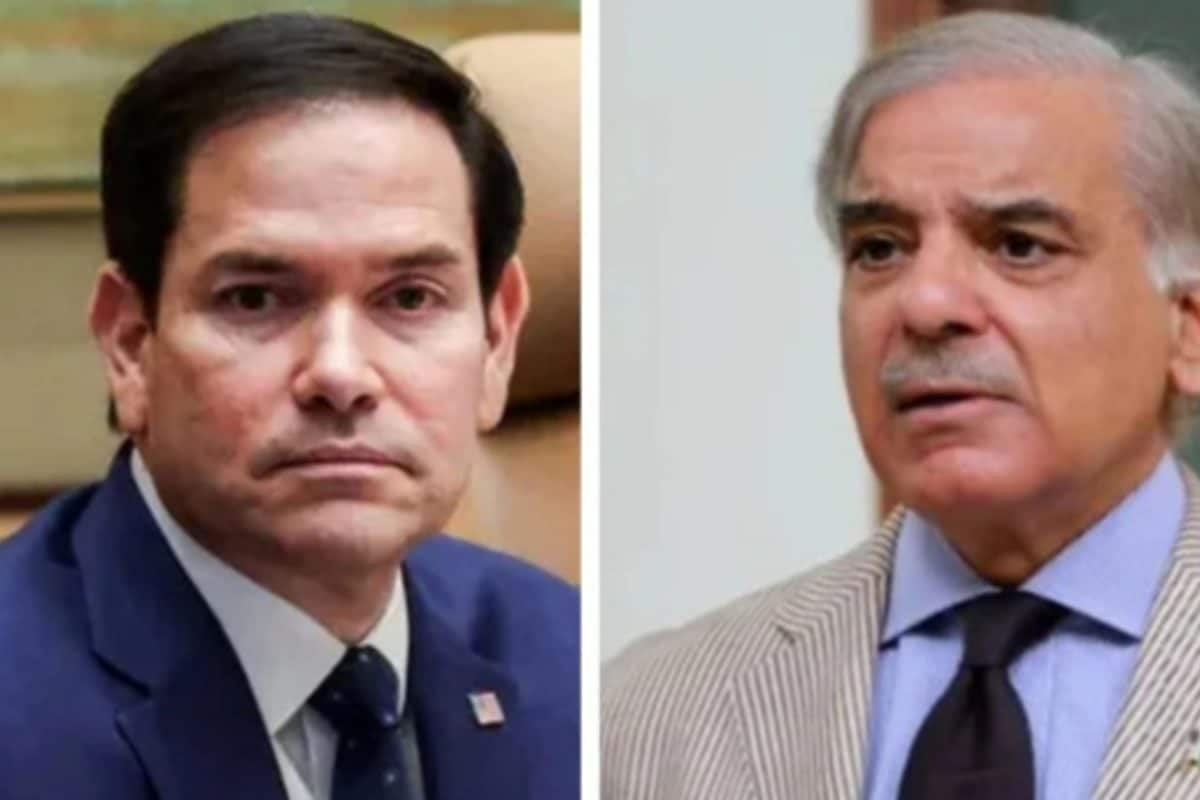

In a recent development highlighting the complex dynamics of international relations, U.S. Secretary of State Marco Rubio and Pakistani Prime Minister Shehbaz Sharif engaged in a telephonic conversation on Thursday, June 26, 2025, focusing on strengthening bilateral ties and regional peace efforts. A key point of discussion was the ceasefire between Pakistan and India, with Prime Minister Sharif expressing gratitude for what he described as the United States' role in securing the truce.
According to a statement released by the Prime Minister's Office, the conversation between Sharif and Rubio was "warm and cordial," encompassing a broad range of regional and bilateral matters. Beyond the India-Pakistan ceasefire, the two leaders also addressed the evolving situation in the Middle East. Prime Minister Sharif reiterated Pakistan's commitment to playing a constructive role in advancing peace and stability in the region, a sentiment acknowledged and appreciated by Secretary Rubio, who expressed the U.S. government's willingness to continue close coordination with Pakistan.
Sharif also lauded President Donald Trump's "bold and decisive leadership" in facilitating a ceasefire between Iran and Israel.
The conversation between Secretary Rubio and Prime Minister Sharif underscores the ongoing efforts to bolster cooperation between the United States and Pakistan, particularly in the realms of trade and economic development. As both countries navigate shifting geopolitical landscapes, the focus on strengthening economic ties signals a mutual interest in fostering stability and prosperity. The Ministry of Finance announced on Wednesday that Pakistan and the United States are set to finalize trade talks next week, following a meeting between Finance Minister Muhammad Aurangzeb and U.S. Commerce Secretary Howard Lutnick. These negotiations, centered on reciprocal tariffs, form part of Islamabad's broader strategy to mitigate potential U.S. duties on Pakistani exports and to recalibrate relations with Washington on a more commercially driven foundation.
However, the narrative surrounding the U.S. role in the India-Pakistan ceasefire remains complex. While Prime Minister Sharif has publicly thanked the U.S. for its assistance, India has offered a different account. Just days ago, Prime Minister Narendra Modi conveyed to President Trump that the ceasefire was achieved through direct talks between the two militaries, without any third-party mediation. This divergence in perspectives highlights the sensitive nature of the issue and the differing diplomatic strategies employed by the countries involved.
Despite India's denial of U.S. involvement in brokering the ceasefire, there's evidence suggesting that Washington actively worked to pave the way for de-escalation. Secretary of State Marco Rubio and Vice President Vance were deeply involved, engaging with top officials in both New Delhi and Islamabad in the lead-up to the ceasefire announcement. Rubio's dual role as Secretary of State and National Security Advisor provided him with the authority to engage with a broad range of interlocutors, potentially facilitating communication and confidence-building measures between the two sides.
The recent tensions between India and Pakistan were triggered by a terror attack in Pahalgam. India blamed Pakistan-based militant groups for the attack, while Pakistan denied any responsibility. The situation quickly escalated, with both countries engaging in retaliatory strikes, raising concerns of a broader conflict.
Regardless of the specific details of U.S. involvement, the fact remains that a ceasefire was achieved, averting further escalation and potential loss of life. Whether through direct mediation or behind-the-scenes diplomacy, the United States appears to have played a role in encouraging de-escalation and fostering a more conducive environment for dialogue.